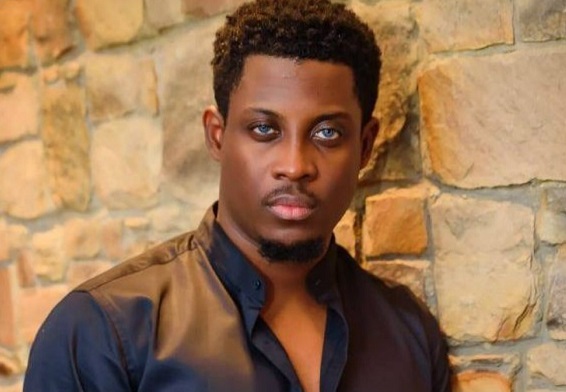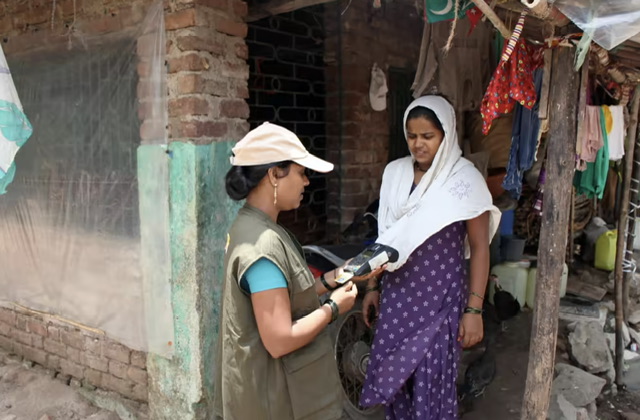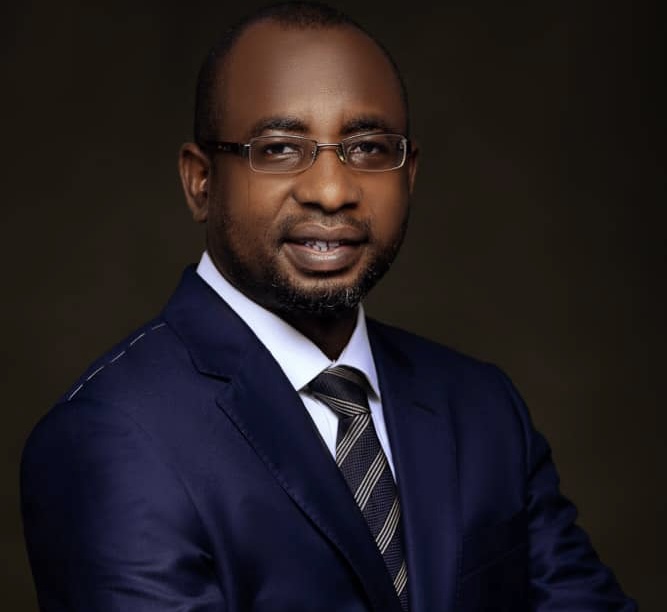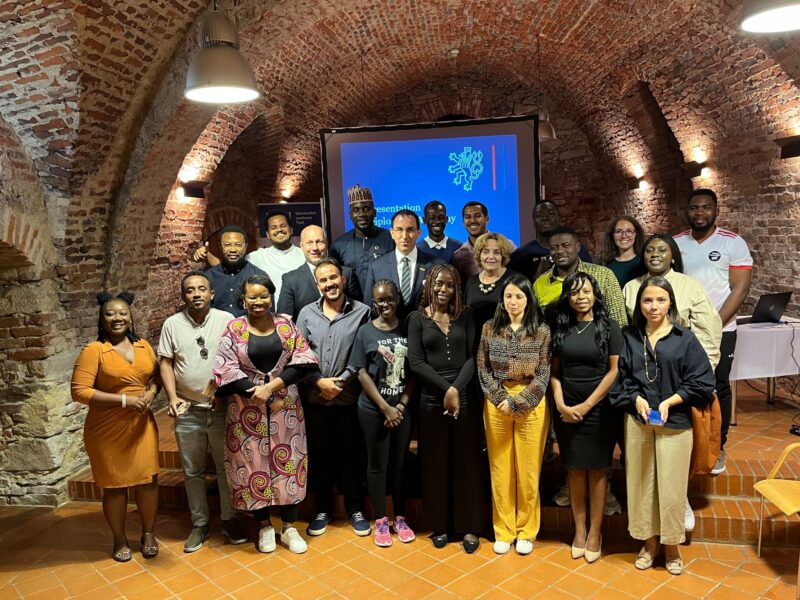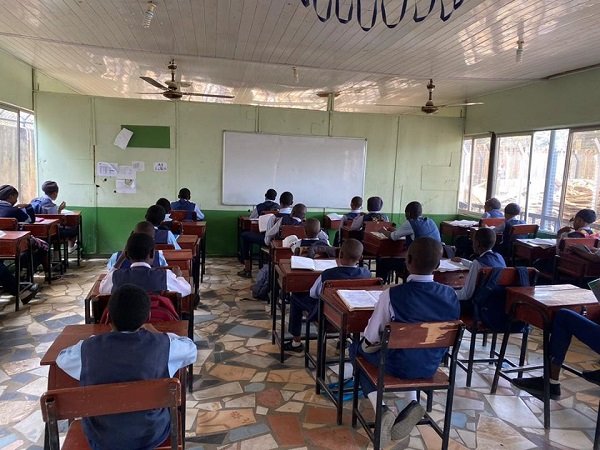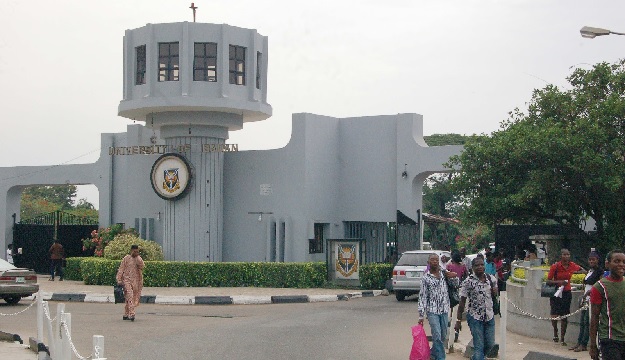BY HALIMA LAYENI
For many decades, resilient women and girls who have survived abuse have been leading the charge against violence. Their advocacy has led to the enactment of laws and policies yet implementation remains a challenge. The rise of feminist movements, including the renowned #MeToo movement and the Every Woman Treaty, has held several men accountable. Despite these efforts, the stark reality persists for countless women and girls worldwide, who continue to suffer rights violations.
The scourge of violence against women and girls not only violates their fundamental rights but also corrodes the very foundation of our communities. To confront this complex issue, a comprehensive approach that delves into its root causes is needed, including a significant but often overlooked factor — men’s mental health.
In 2020, I launched the Men Can End Violence campaign, aiming to educate men and boys about healthy masculinity and to mobilise them against violence towards women and girls. Through my work, I discovered that men and boys are also deeply impacted by societal norms, often concealing their pain and trauma, which contributes to lower reported cases of violence against them.
Advertisement
While I firmly advocate for offering female survivors of abuse free access to psychosocial support, as a survivor of child sexual abuse myself, I can attest to the transformative power of the right support in recovery. Yet, I equally emphasise that extending mental health support to men could yield a more sustainable impact than merely addressing the surface symptoms.
The perpetration of violence against women and girls often stems from men grappling with emotional turmoil, unresolved trauma, and societal pressures. Men struggling with mental health issues can become trapped in cycles of aggression and violence, harming themselves and those around them, particularly women and girls. It is essential to recognise that not all men with mental health challenges are violent, but untreated issues can heighten the risk of abusive behaviour.
To genuinely eradicate violence against women and girls, global leaders must acknowledge the significance of providing men with accessible psychosocial support and declare the decline in men’s mental health a worldwide crisis.
Advertisement
Effective solutions require understanding that men’s mental well-being is integral to combating gender-based violence. World leaders have a vital role in raising awareness about the connections between mental health and violence. Designating men’s mental health as a global crisis would underscore the urgency and commitment to building a safer, more equitable world.
Men’s mental health should be integrated into policies and programmes targeting gender-based violence. Adequate resources and funding must be allocated to establish comprehensive support networks for men’s mental health, preventing their struggles from escalating into violence.
By facilitating men’s access to psychosocial support, encouraging open dialogue, and weaving mental health initiatives into broader policies, we can shatter the cycle of violence, promote healthier masculinity, and forge a world where fear and oppression no longer hold sway.
I hereby make a clarion call to world leaders in the imminent UNGA session themed ‘Rebuilding Trust and Reigniting Global Solidarity: Accelerating Action on the 2030 Agenda and its Sustainable Development Goals towards Peace, Prosperity, Progress, and Sustainability for All’, by addressing this critical dimension, we can decisively curb violence against women.
Advertisement
Let’s seize this moment to propel change. Recognising that mental well-being is pivotal to dismantling aggression and promoting healthy masculinity. Elevating men’s mental health in policy agenda aligns with our pursuit of global solidarity and a safer, equitable future. Together, let’s champion this cause and translate words into transformative actions.
Layeni is an incandescent men’s mental health advocate, the founder and executive director of the Life After Abuse Foundation, a US Consul General award recipient, a Nguvu Collective Changemaker, a 1000 Voices Indrani Women Treaty Fellow and a Carrington Youth Fellow. She can be reached via [email protected]
Views expressed by contributors are strictly personal and not of TheCable.
Add a comment

